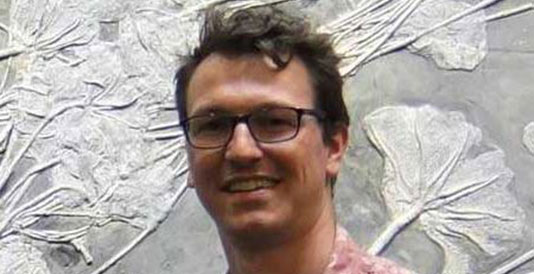 October 10, 2017 (Source: FSU) - Rising levels of carbon dioxide may have little effect on the smallest organisms that live in ocean sediment, according to a new study by a Florida State University researcher. FSU Coastal and Marine Laboratory scientist Jeroen Ingels and a team of researchers found that communities of microscopic organisms called meiofauna don’t change much when faced with both rising carbon dioxide levels and higher temperatures. That’s in contrast to larger organisms, which have previously shown to be largely affected by changes in environment. Meiofauna are miniscule invertebrates that live in both marine and fresh water environments. They are the base of the food web, so researchers are eager to learn more about how climate change may affect them.
October 10, 2017 (Source: FSU) - Rising levels of carbon dioxide may have little effect on the smallest organisms that live in ocean sediment, according to a new study by a Florida State University researcher. FSU Coastal and Marine Laboratory scientist Jeroen Ingels and a team of researchers found that communities of microscopic organisms called meiofauna don’t change much when faced with both rising carbon dioxide levels and higher temperatures. That’s in contrast to larger organisms, which have previously shown to be largely affected by changes in environment. Meiofauna are miniscule invertebrates that live in both marine and fresh water environments. They are the base of the food web, so researchers are eager to learn more about how climate change may affect them.












